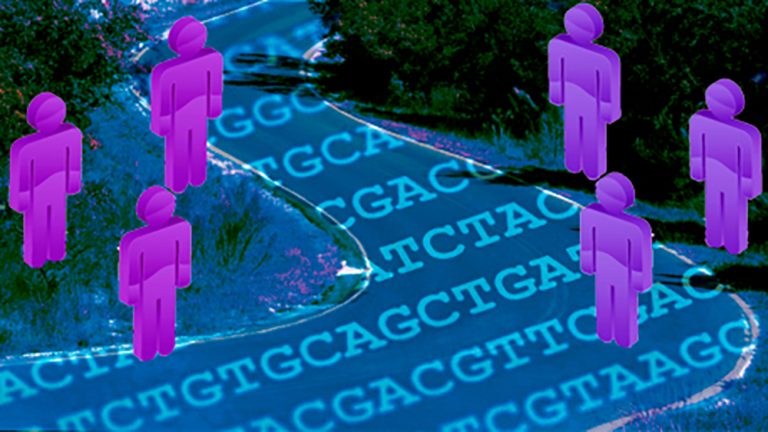
LunaPBC, the public-benefit corporation which oversees the LunaDNA community-owned genomic and health data platform, said today that members will now be able to access their electronic health records (EHRs) in the platform via Medfusion’s Patient Data application program interfaces (APIs), through a collaboration whose value was not disclosed.
The integration, LunaPBC said, will benefit LunaDNA members by expanding their opportunities to easily capture, review, and securely share their health data from their own medical history to advance research.
LunaPBC cited statistics from the Office of the National Coordinator for Health Information Technology showing that 32% of individuals have experienced gaps in the exchange of health information when they visit their healthcare provider.
“One of the largest impediments in sharing one’s data involves the challenges around requesting your data from a health care provider, the downloading of this information onto an individual’s computer, and then the uploading of this data to the data-sharing platform. Through LunaDNA’s integration with MedFusion all of these steps are automated for the individual that reduces tremendously the friction in sharing one’s data,” Scott Kahn, CIO of LunaPBC, told Clinical OMICs.
LunaPBC said the collaboration will enable new discoveries by the not-for-profits, academic institutions, and pharmaceutical companies that carry out basic research. But before these users gain access to LunaDNA data, LunaPBC said, they are vetted by an ethics review board to ensure that they comply with LunaPBC’s public benefit charter.
Medfusion’s broad network of health data APIs reaches 83% of the U.S. market representing approximately 270 million patients served by more than 700,000 providers. The Medfusion network is large enough to retrieve data across more than 40 different EHRs, which, according to LunaDNA, will enable platform users to gather records from a broad range of providers, specialties, and locations.
“The breadth of Medfusion’s network will enable users to get the most complete view of their health record,” Ryan Magnes, Medfusion’s executive vice president of growth and innovation, said in a statement.
Broadening Participation
LunaPBC’s collaboration with Medfusion allows LunaDNA to incorporate its first data originating beyond those from direct-to-consumer genetic testing companies and health surveys generated by the platform.
“Practically everyone in the USA has health record data, in contrast with the roughly 30 million individuals with genomic data. This broadens the group of potential participants that can join LunaDNA with clinical data immediately,” Kahn said.
LunaPBC does not disclose how many members it has. “Our membership is growing daily,” Kahn said, “and includes people from disease communities, partnerships, and others who are interested in contributing their health data to drive discovery.”
Individuals who submit their data are eligible for shares in LunaDNA, which in December 2018 won qualification from the U.S. Securities and Exchange Commission as the only company able to grant members ownership shares in exchange for their data.
The monetary value of a LunaDNA share is expressed through dividends consistent with an individual’s ownership percentage. Holders of shares are able to increase their holdings by contributing more data.
According to a regulatory filing, users of LunaDNA can receive between 2 and 300 shares depending on the data they provide. Users can gain 300 shares for contributing DNA of a whole genome, or DNA of a tumor whole genome. A DNA exome or DNA tumor exome fetches the second-highest number of shares, 150.
At the lower end, users receive 2 shares for data from a PDF of historical record (per year of reports), an electronic survey (per 10 minutes average completion time), a personal fitness monitor (per 20 days of data), and a nutrition tracker (per 20 days of data).
“The exchange rate is equal to the utility and scale of data shared,” Kahn said. “As more members contribute, their data will boost the value of the platform and company.”
LunaPBC is a private-investor owned public-benefit corporation founded in November 2017. Its executives, investors, and advisors include several former chief executives of Illumina, industry academics, and financial executives.
As a public-benefit corporation, LunaPBC emphasizes, its members retain control over inclusion of their data in LunaDNA and can delete any portion or their complete EHR record at any time.
“We immediately identified with LunaPBC’s mission of empowering patients with their own health data and being able to do more with that data,” Magnes added. “The power of LunaDNA comes from putting the patient in the center — and using technology to connect and share their data for their own benefit, and for the benefit of others.”












